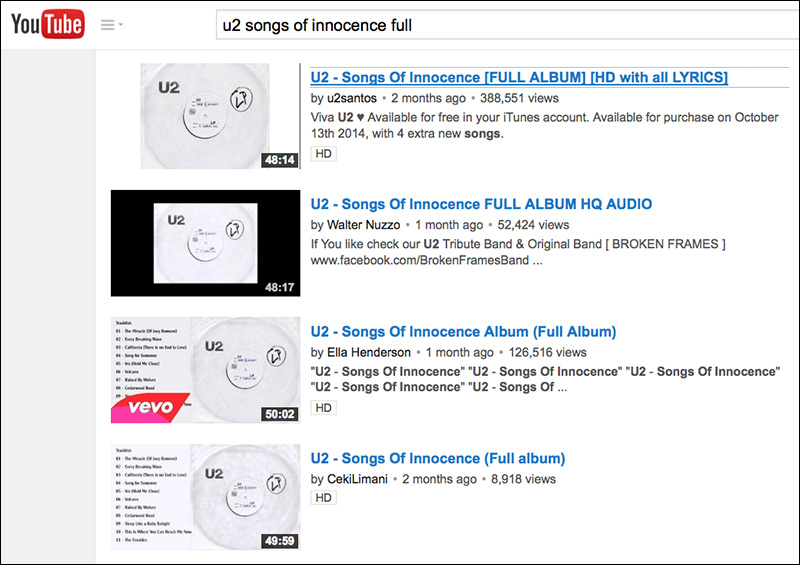YouTube Music Key: Will A New Music Subscription Service Quiet Piracy Complaints?
YouTube has long been one of the primary ways consumers discover and listen to music, and Google took a big step toward making that even easier with today’s launch of YouTube Music Key — a subscription-based music service opening next week in a limited beta before launching later with a promotional fee of $7.99/month and […]
YouTube has long been one of the primary ways consumers discover and listen to music, and Google took a big step toward making that even easier with today’s launch of YouTube Music Key — a subscription-based music service opening next week in a limited beta before launching later with a promotional fee of $7.99/month and an eventual regular price of $9.99 per month.
Music Key will offer ad-free music and music videos that can be listened to and watched offline, as well as a subscription to Google Play Music. Google is sending invites to the beta, which will be free for six months, and inviting the public to sign-up for alerts about the rollout at youtube.com/musickey.
Google also announced that it’s making music more visible on YouTube.com, and on the YouTube Android and iOS apps, where it’ll be a top-level navigation option with playlist suggestions, trending videos, artist discographies and more.
Add it all up, and Google is making a concerted effort to give YouTube users easier access to official sources of music.
The Piracy Question
In addition to putting YouTube in direct competition with the likes of Spotify, Pandora and other music streaming services, Music Key could let Google check another box when it comes to defending itself on piracy issues.
There are, just to pick one recent album by a popular artist, multiple YouTube URLs offering U2’s “Songs Of Innocence” album in full for anyone to listen to.
(Yes, the album was offered free on iTunes earlier this year, but that ended a month ago and anyone wanting it now has to buy it. An argument could easily be made that these unauthorized uploads will impact holiday sales.)
The entertainment industry has been attacking Google for years, saying it’s too easy for consumers to find illegal copies of music, movies and TV shows and that Google isn’t doing enough to steer people toward official (and usually paid-for) content sources.
In August 2012, Google responded by changing its algorithm to penalize sites repeatedly accused of copyright infringement, and more recently has been testing ads in search results that direct users toward official services like Spotify, Google Play and Netflix.
When Music Key rolls out, Google will have a another box it can check the next time it has to defend itself against claims that it’s too easy to get pirated music online.
Opinions expressed in this article are those of the guest author and not necessarily MarTech. Staff authors are listed here.
Related stories
